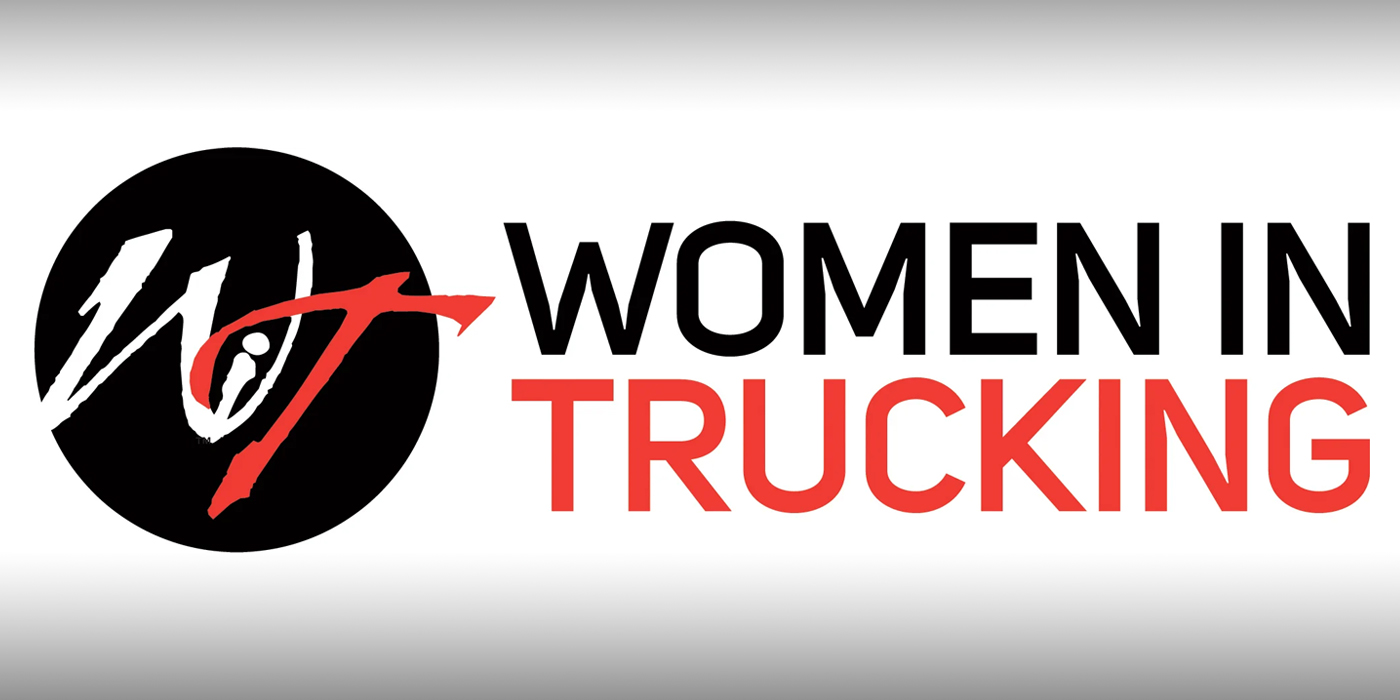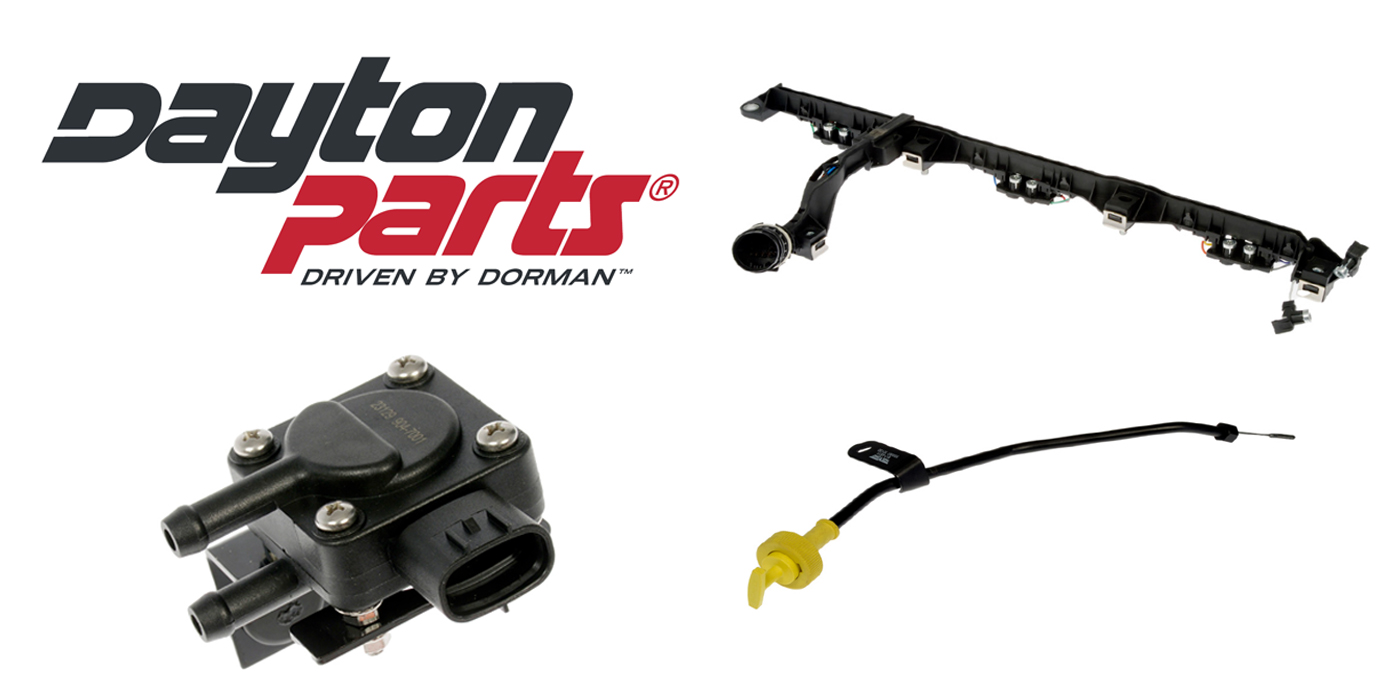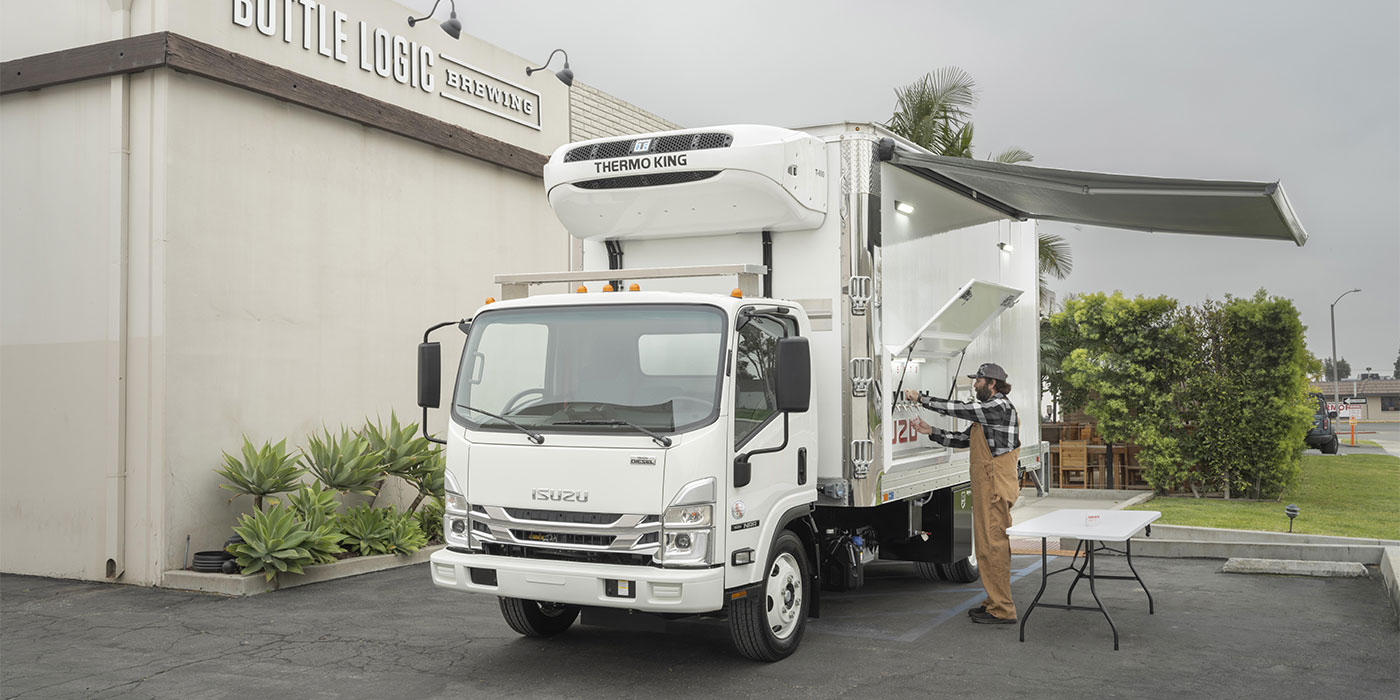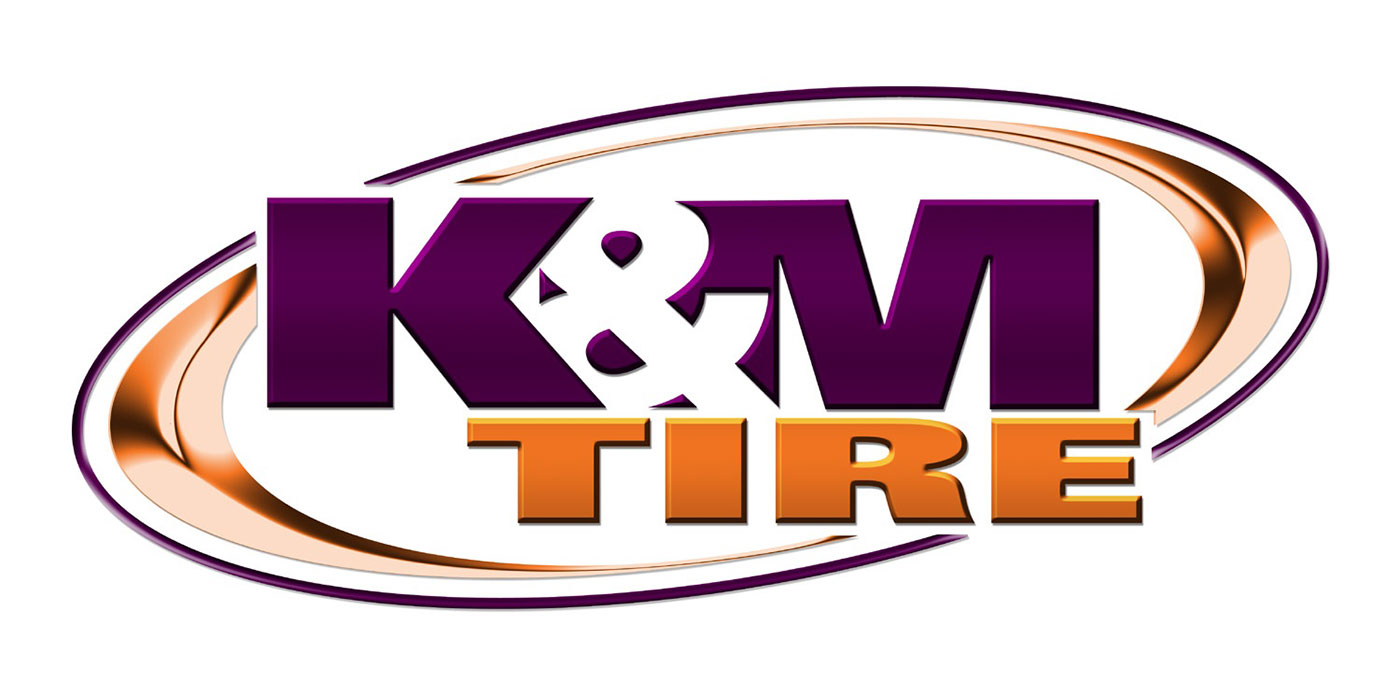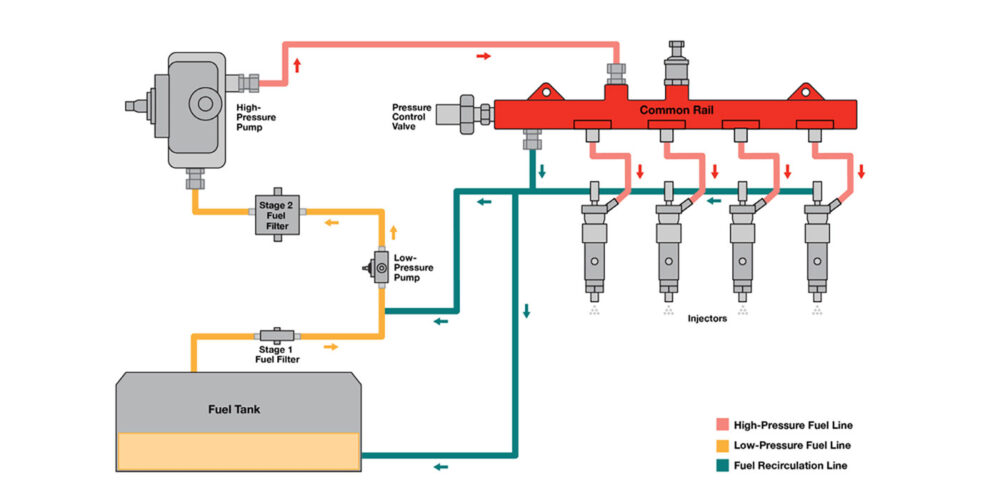Why fuel filtration science matters
Fleetguard shares the story of filtration science leading to a biodiesel solution with a seven-time increase in performance.
Biodiesel consumption accelerated and feedstocks rapidly changed in 2022 as a result of an unanticipated shift in governmental policies that encouraged the consumption of biodiesel. In addition, geopolitical events limited supplies of conventional ultra-low sulfur diesel (ULSD).
Driving the consumption of these non-standard blends were governmental policies in many regions that required biodiesel consumption or encouraged it with financial incentives. In other regions, the impact of the war in Ukraine and other political instabilities constricted supplies of conventional fossil diesel.
The trucking life of the internal combustion engine going forward
A glimpse into the fossil-free future of truck engines that run on everything from biodiesel to natural gas to hydrogen.

Bendix: Air disc brake production has doubled since 2018
Commercial ADB adoption rates in Class 6-8 vehicles are now up over 50% according to Bendix.

East introduces new flatbed floor, tie down system
East says the new design results in a 10% increase in strength under a distributed load and 30% increase under a concentrated load.

TRP opens 300th store
Located in Ecuador and operated by Indusur, TRP Manta is the milestone 300th store.

Other Posts
FTR announces new senior rail analyst
Before FTR, Towers worked directly with Class Is, shortlines, OEMs, operators, and private equity clients as a freight rail specialist.

Apollo Tires adds new EnduRace truck and bus tire size option
The EnduRace RD2 is suitable medium- and long-distance transport, and is B-rated for performance in the wet and is certified for snow grip.
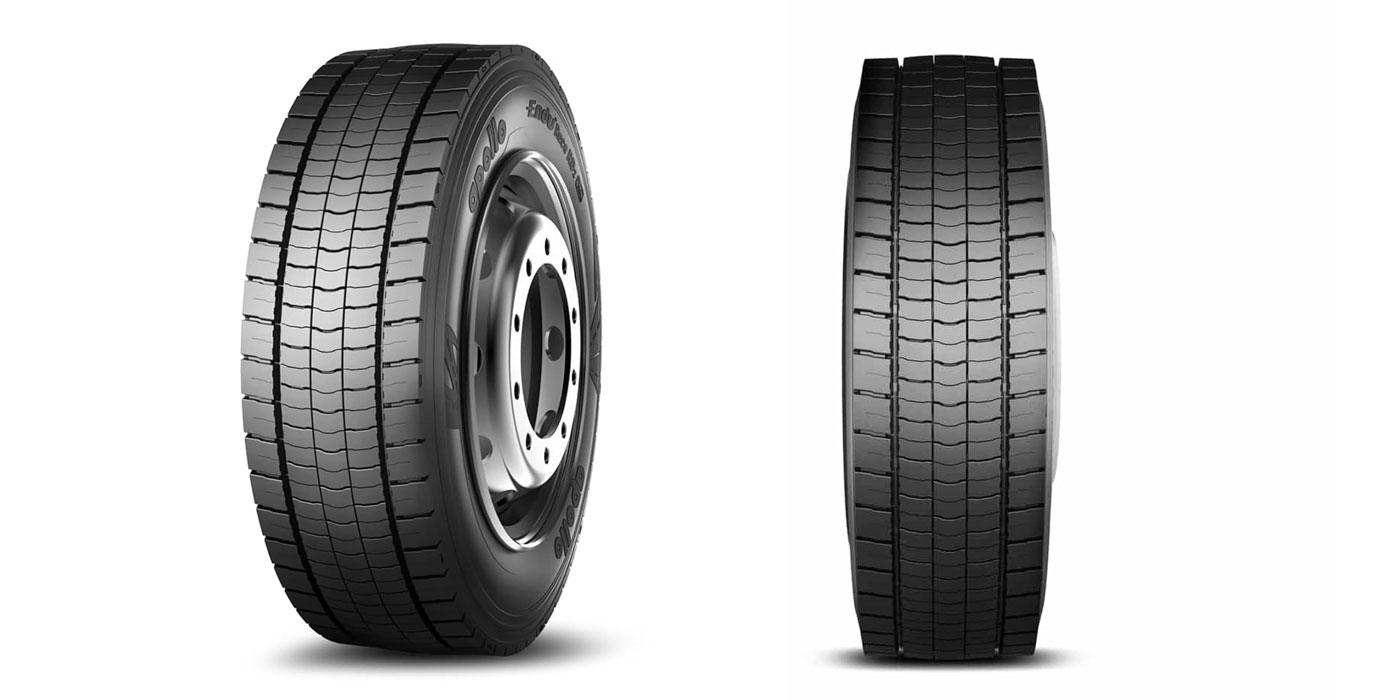
Fleet Profile: PepsiCo drives toward net-zero emissions by 2040
Here are the variety of approaches and successfully reducing the carbon footprint of its fleet and distribution operations

Women In Trucking names 2024 Distinguished Woman in Logistics
Sarah Ruffcorn, president of Trinity Logistics, was named the winner of the 10th annual Distinguished Woman in Logistics Award.
